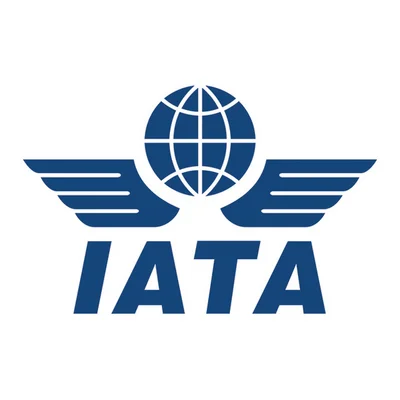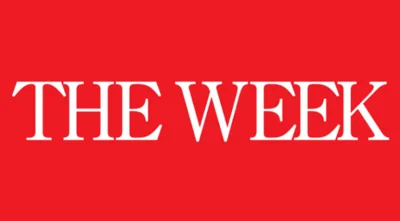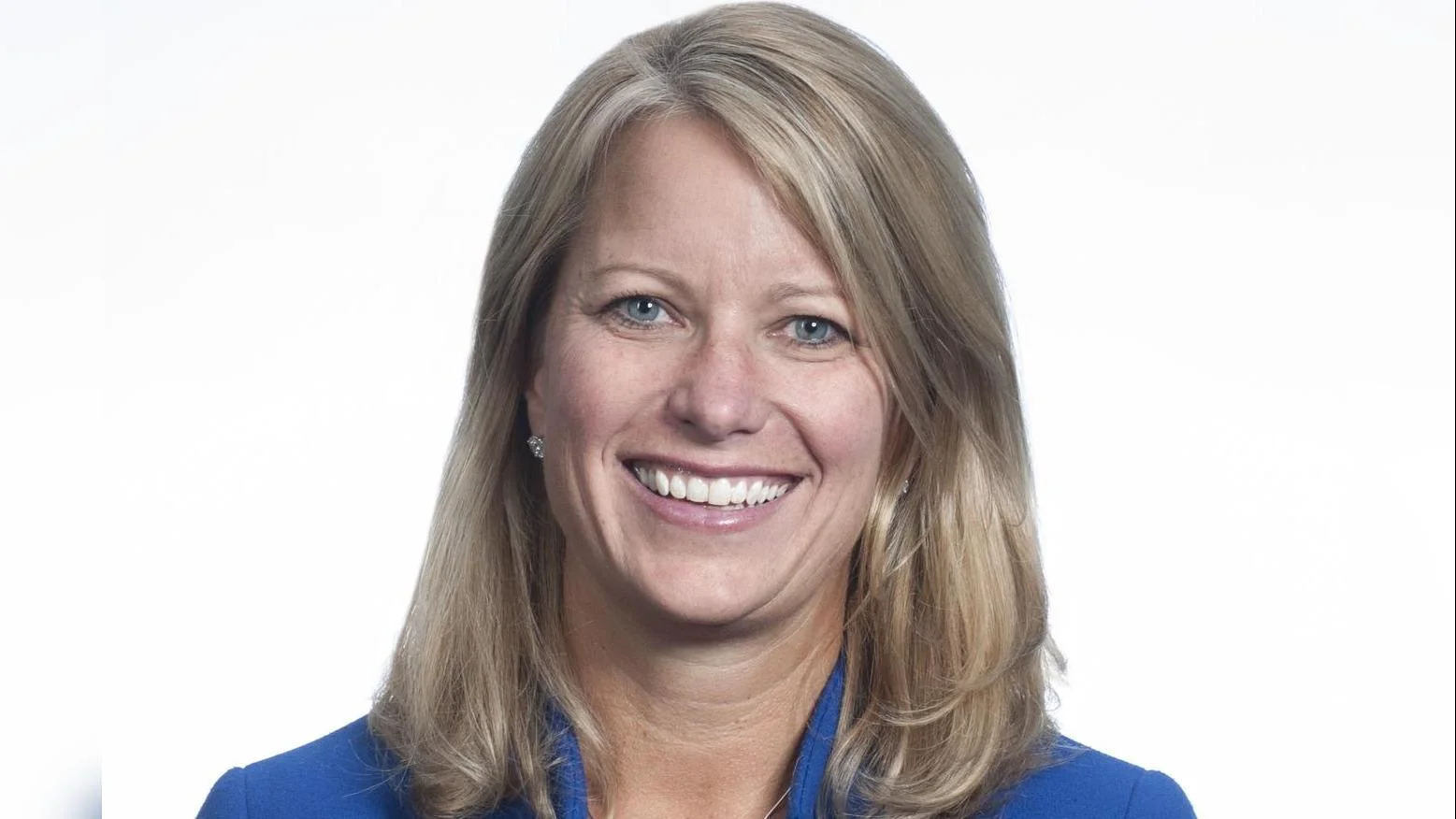Airlines worldwide are eagerly awaiting the certification of Boeing's 737 MAX 10, the company's latest single-aisle aircraft. The demand for this model is driven by the growth in both business and leisure travel, necessitating efficient, long-range planes. Currently, the 737 MAX 10 faces significant delays as it undergoes rigorous compliance processes with the Federal Aviation Administration (FAA). Airbus's A321neo models have already gained ground among international carriers, adding competitive pressure on Boeing to expedite its timeline.
Many airlines have placed orders for the MAX 10 awaiting FAA approval. Ryanair, for instance, has committed to 150 orders with an additional 150 options. Delta Air Lines has indicated plans to introduce the MAX 10 in 2026, with the aircraft being used for routes requiring greater passenger capacity. However, the ongoing delays and critical design reviews, such as solutions to bird strike and anti-ice requirements, have pushed Boeing's certification schedule further.
The Boeing 737 MAX 10 offers more seats and lower operating costs per seat compared to its predecessors in the MAX family, making it particularly appealing for high-volume routes. As Boeing continues to refine its aircraft, United Airlines remains optimistic about its prospects. Mike Leskinen, United’s chief financial officer, remarked, "We are becoming more hopeful that the MAX 10 will be an important gauge for United." Southwest CEO Bob Jordan added urgency by stating, “Boeing needs to become a better company,” reflecting frustrations over delayed deliveries.
 Alerts Sign-up
Alerts Sign-up





































